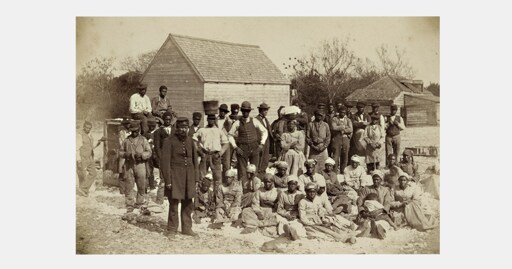When the Trump administration asks the Supreme Court on Thursday to allow it to deny birthright citizenship to the children of undocumented immigrants and visa holders, its legal theory will rest on a reinterpretation of a critical phrase of the Constitution. But when you plug their preferred meaning back into the historical context in which the Constitution’s Citizenship Clause was enacted, the results are nonsensical. In other words, the crux of the government’s argument simply makes no sense.
The first sentence of the 14th Amendment, passed by Congress a year after the Civil War, is the Citizenship Clause: “All persons born or naturalized in the United States, and subject to the jurisdiction thereof, are citizens of the United States.” When President Donald Trump signed an executive order on the first day of his administration that would deny birthright citizenship to the children of undocumented immigrants and visa holders, he premised it on the idea that undocumented immigrants and visa holders are not “subject to the jurisdiction” of the United States. This is the phrase the government is asking the courts to reinterpret into a fictional absurdity.



Funny how every state that succeeded listed defending the institution of slavery as a reason for leaving the union and subsequently joining the confederacy.
I think the most accurate statement is the Confederate states left the Union to preserve the institution of slavery. The Union originally only sought to bring back the Confederate states and end the open rebellion. Lincoln was much more interested in restoring the Union than ending slavery, and in the early part of the war would have absolutely allowed slavery to continue if it meant ending the rebellion. Thus, restoring all states to the United States. However, as the war progressed it became clear there would be no easy resolution. Through the Emancipation Proclamation he was able to break the power behind southern production, the slaves, and push forward abolition. A cause he personally was always favorable towards, but unwilling to sacrifice the Union for.